Infographics
Check out some of the research conducted at the ECCRC through these easy-to-read, visual infographics:
Check out some of the research conducted at the ECCRC through these easy-to-read, visual infographics:

Positive Solutions for Families Phase 2 Results, 2022.
-Positive Solutions for Families (PSF) involves a series of six workshops that provide parenting strategies that help build families’ confidence and ability to support their young children’s social, emotional, and behavioural development. Phase 2 of the project was implemented in the fall of 2021. This infographic outlines the results of Phase 2.
Positive Solutions for Families Interview Results, 2020.
– Results represent the experiences of families and facilitators who participated in a series of in-person and/or online (due to COVID-19) workshops for families. The workshops were designed to help parents learn new skills and strategies to support the social and emotional health of their young children.

Numeracy and Literacy – It’s Everywhere!, 2022
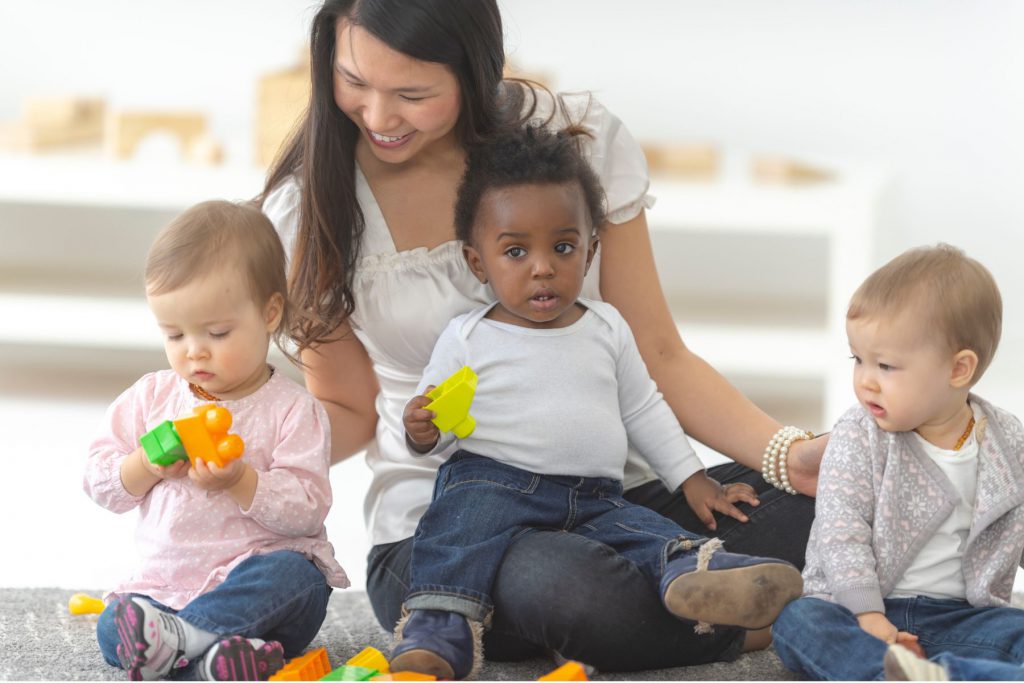
A Scoping Review of Quality in Early Childhood Publicly-Funded Programs, 2022
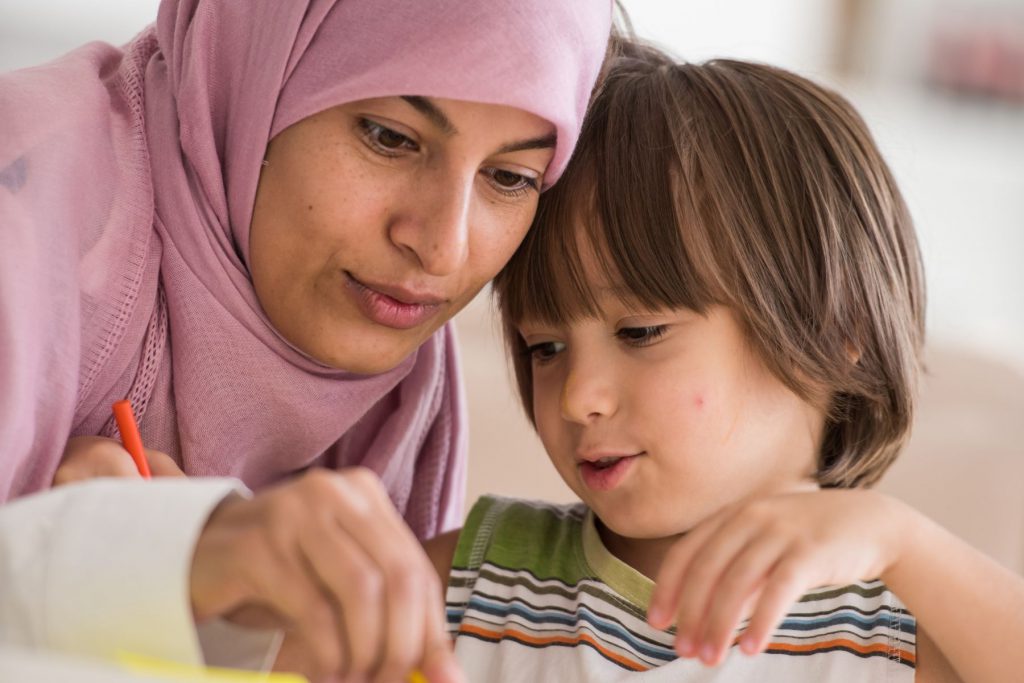
Looking through the Lens: A photovoice study examining access to services for newcomer children
Looking Through the Lens of Newcomer Families, 2021
Looking Through the Lens of Newcomer Families: from early childhood educators’ perspectives, 2021
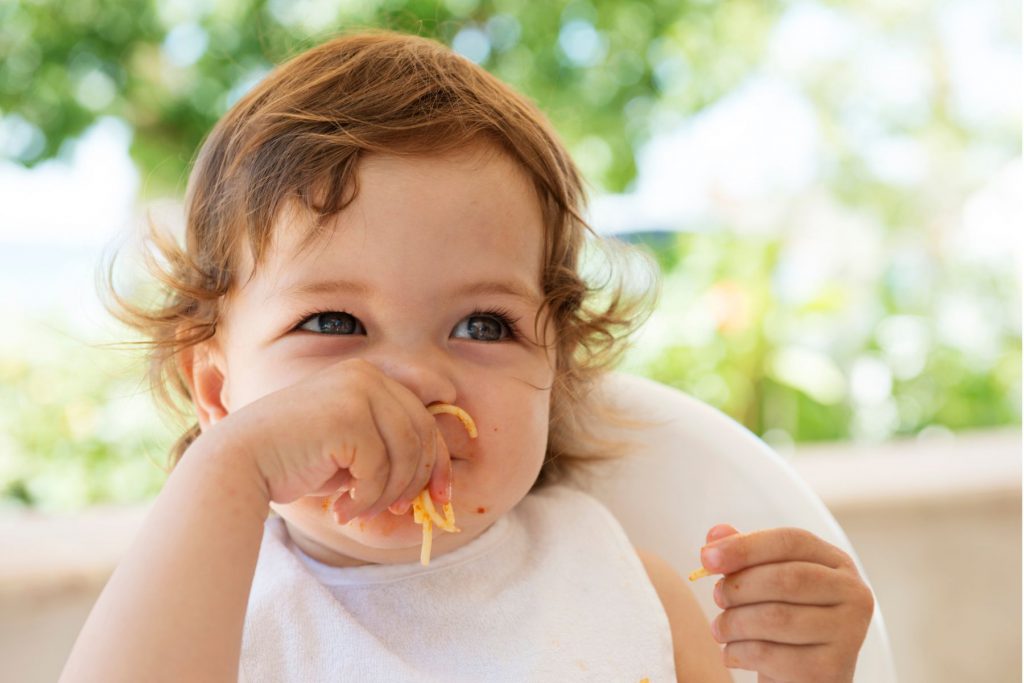
Responsive Feeding Values and Practices Among Families Across the Canadian Maritime Provinces, 2022
– 1039 families completed a survey about responsive feeding/healthy eating values and practices at home.
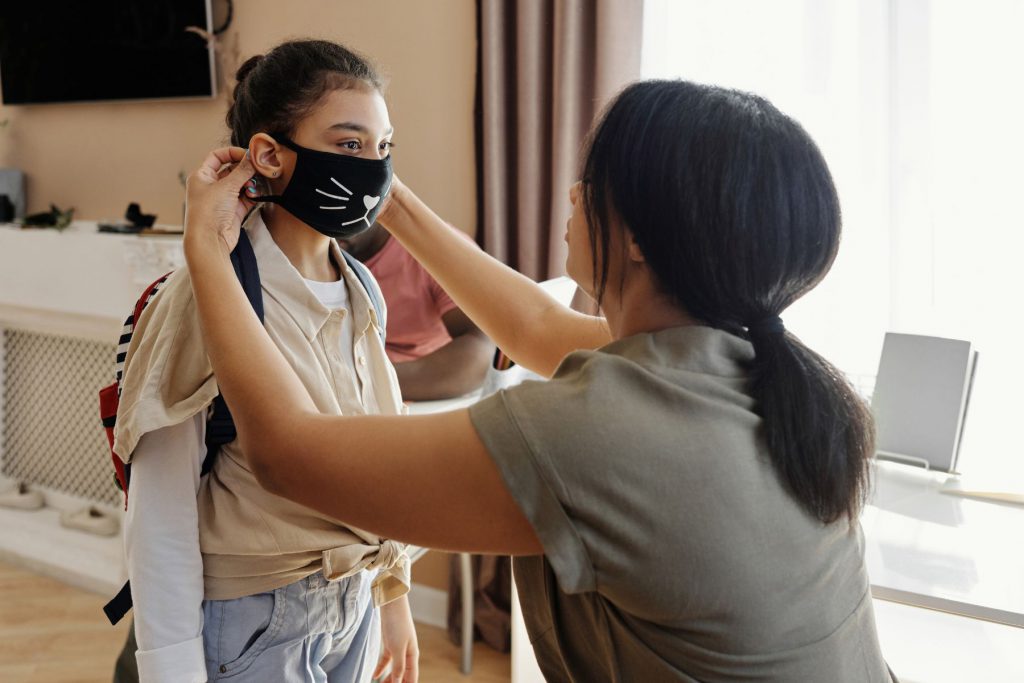
-This study explored how the pandemic and related restrictions impacted children with developmental delays and their families.
Shifting play experiences during the COVID-19 pandemic: Family responses to pandemic restrictions, 2023
-This study describes how families responded to the public health restrictions throughout the pandemic and the impact on children’s play.
Relative Importance of Well-Being Determinants in Atlantic Canadian Families During the Pandemic, 2023
– This study used multiple linear regression and measures of relative importance effect sizes to assess which factors are most important for positive change in children, in parents, and in the family during the pandemic.
– This study looked at how changes to employment and income influenced Family access to resources and social support, parenting Abilities and self-care at home, and home Routines and Environments through a FARE Change Scale.
COVID-19 Maritime Family Survey Preliminary Results, 2020
– Results from an online survey completed by Maritime Families near the beginning of the COVID-19 global pandemic to understand how it was influencing the lives of Maritime Families with young children, including their routines and needed supports.
COVID-19 Maritime Family Interviews Preliminary Results, 2020/2021
– Results from interviews completed with the same Maritime Families as above to understand how the COVID-19 global pandemic has continued to influence the lives of Maritime Families over time as they adjust to changed routines and adapt the changing realities.
COVID-19 Maritime Family Survey 2 Preliminary Results, 2020, Mar/Apr
– Results from a second online survey completed by Atlantic Canadian families to understand how the COVID-19 global pandemic has influenced the lives of families with young children almost one year in.
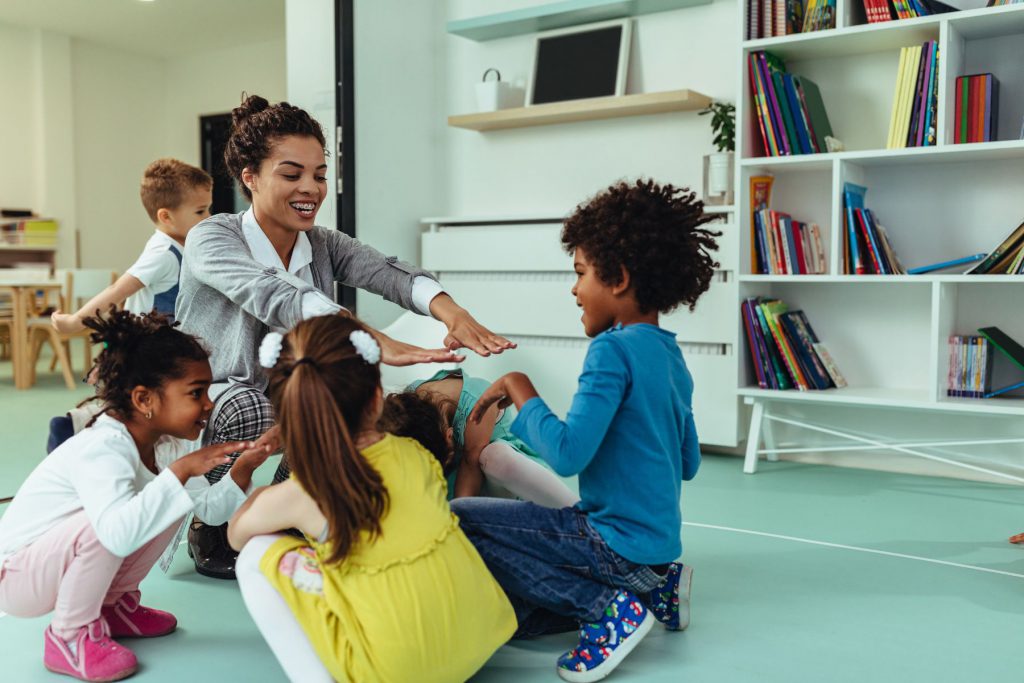
An Introduction to the Pyramid Model, 2021, June.
– What is the Pyramid Model? What are the benefits of Pyramid Model practices? Pyramid Model implementation in Nova Scotia.
Une introduction de le modèle de la pyramide, 2021, June.
-Qu’est-ce que le modèle de la pyramide? Quels sont les bienfaits des pratiques du modèle de la pyramide? La mise en œuvre du modèle de la pyramide en Nouvelle-Écosse.
Nova Scotia Early Childhood Professional Well-being Survey
An online survey to explore the professional well-being of early childhood professionals in Nova Scotia was distributed in November 2022. The preliminary results are available.
Nova Scotia Early Childhood Professional Well-being Survey Preliminary Results (Public), 2023.
New infographics for the 2021 Executive Summary reports are available.
Nova Scotia Pyramid Model Executive Summary, 2021.
Modèle de la pyramide en Nouvelle-Écosse Résumé, 2021.
Nova Scotia Pyramid Model Executive Summary – general public, 2020.
Modèle de la pyramid en Nouvelle-Écosse – public général, 2020.
Nova Scotia Pyramid Model Executive Summary – stakeholders, 2020.
Modèle de la pyramide en Nouvelle-Écosse Résumé – les parties prenantes, 2020.
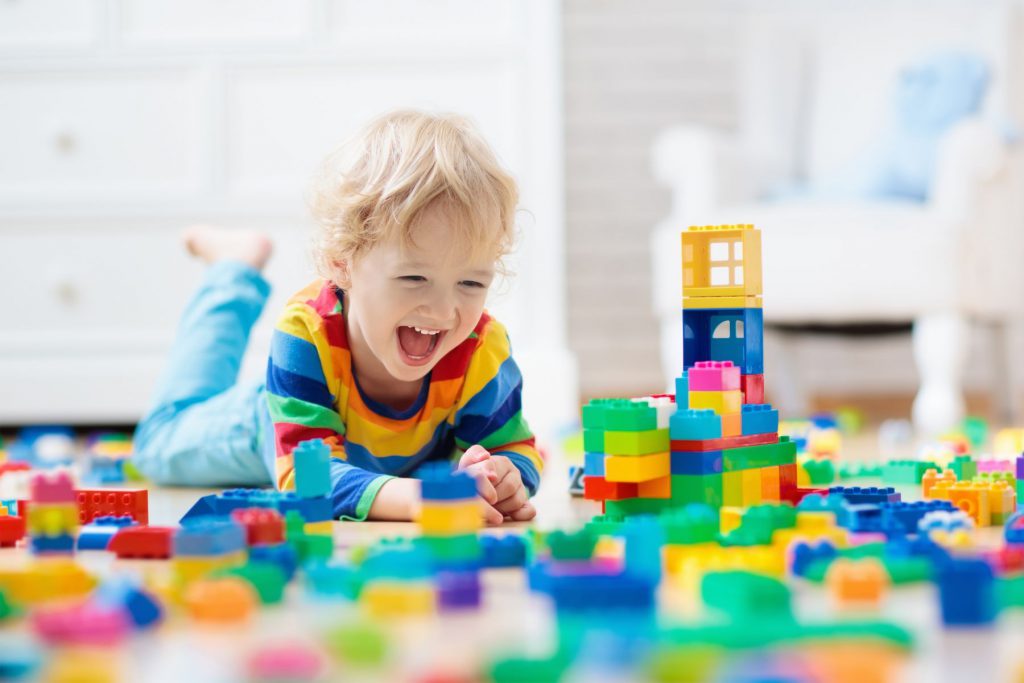
– Results represent the experiences of parents/guardians who completed a survey about Nova Scotia’s Pre-primary Program in the 2017-2018 school year which included: how the program supported them and their children, the challenges and barriers to accessing the program, and their perceptions of the staff and curriculum.
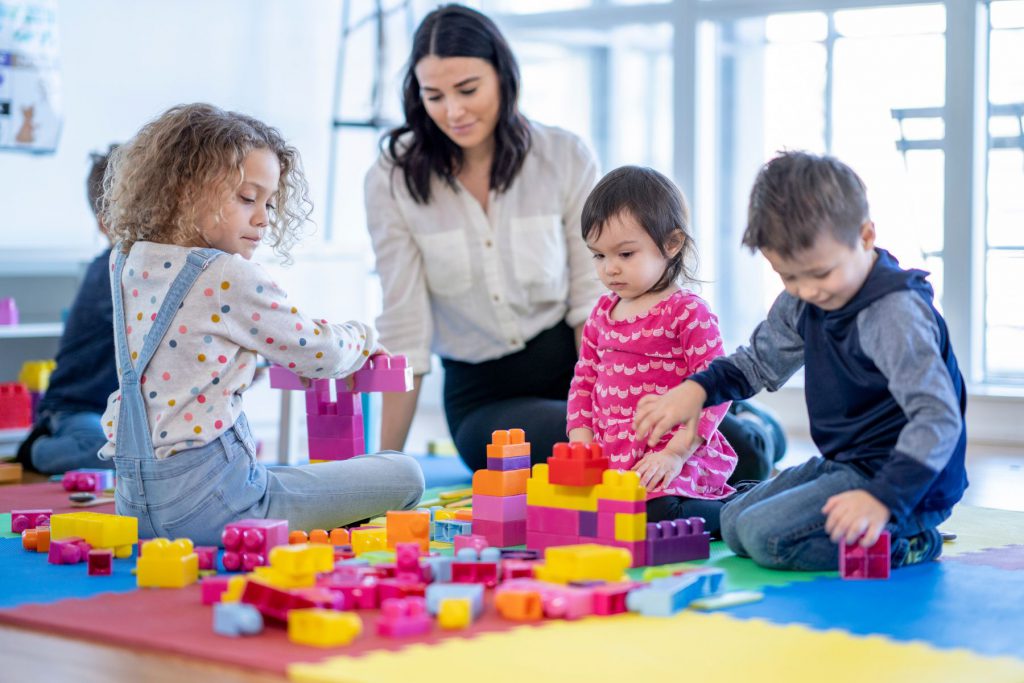
– Results reflect a survey that examined how the introduction of the Pre-primary program was influencing future Early Childhood Educators in terms of their perceptions of changes in workforce opportunities and their expectations about future employment.
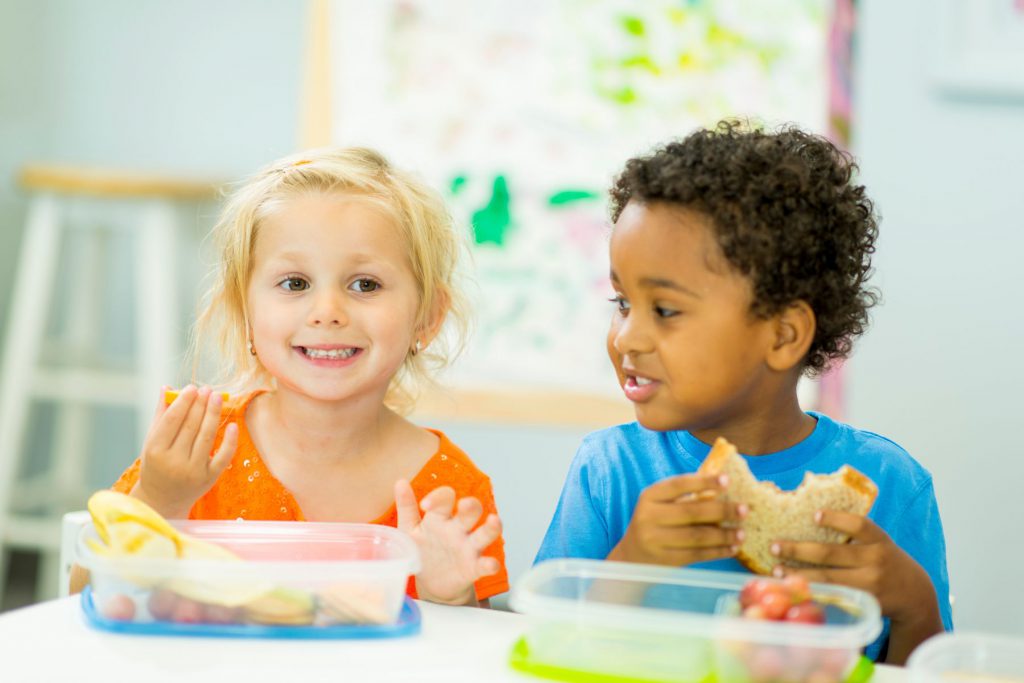
– Results reflect four case study sites with the objective to understand healthy eating practices in the Pre-primary Program.
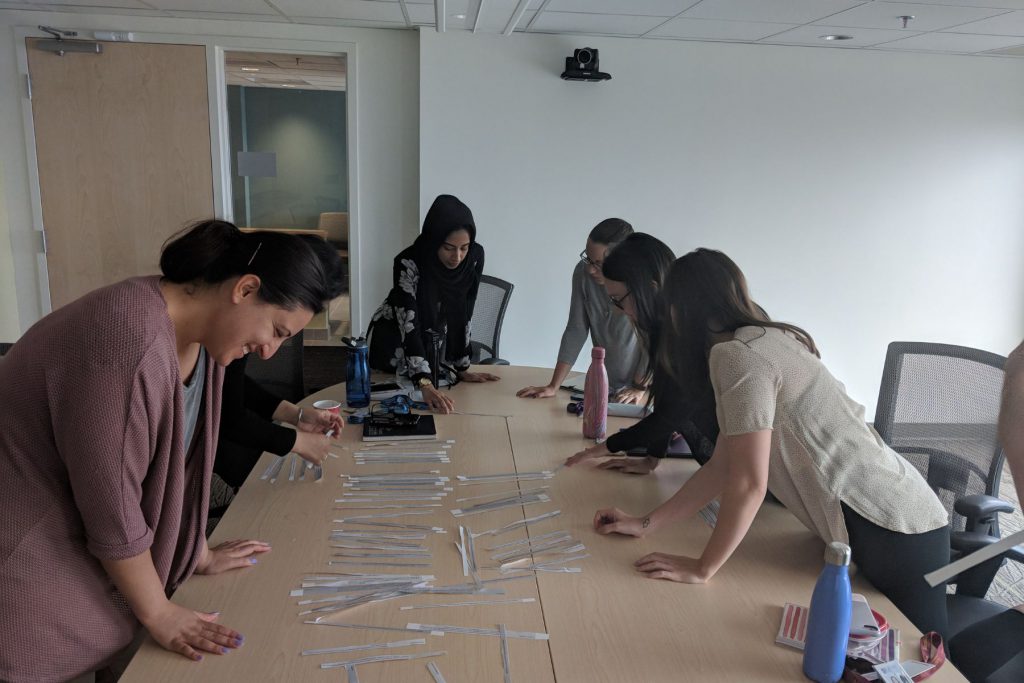
Building Policy-relevant Research to Support Child Well-being in Nova Scotia, 2019.